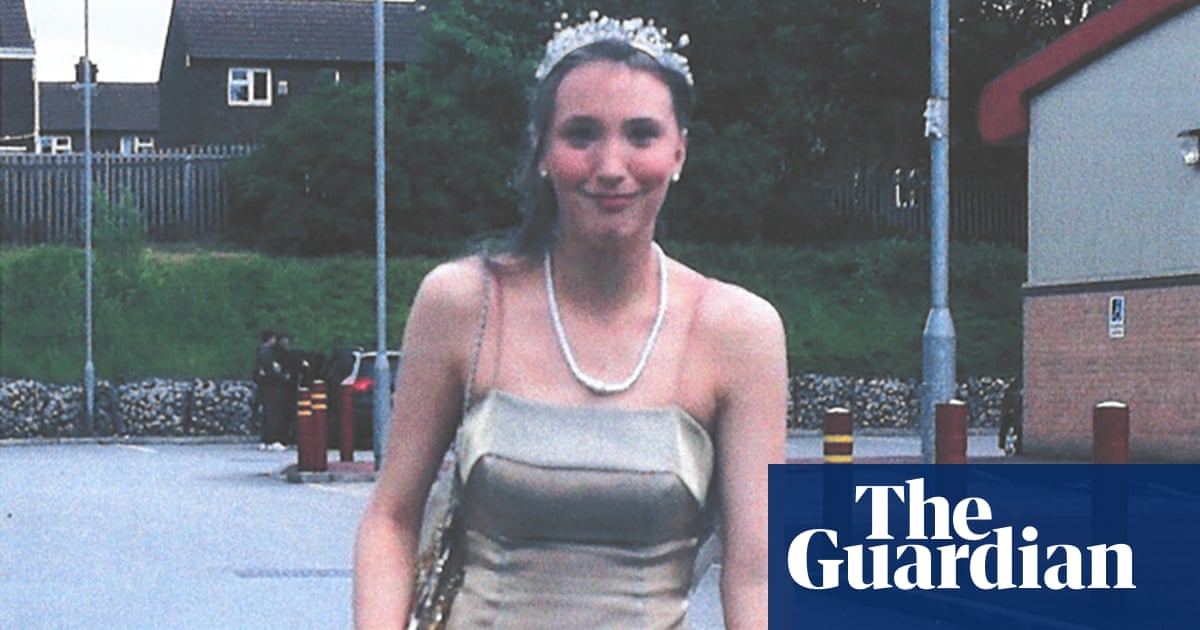
Vera Uwaila Omozuwa, a 22-year-old microbiology student, sought the quiet of her empty church in Benin City, southern Nigeria, as a place to study. Hours later she was raped and killed in a crime that has sparked outrage across Nigeria.
Last Wednesday evening, a church security guard found Uwa, as she is known, unconscious in a pool of blood, according to her family.
She was rushed to hospital but died on Saturday afternoon.
The attack on a university student in a church has horrified many in Nigeria, a deeply religious country.
Police have launched an investigation amid an avalanche of calls from rights groups, public figures and government officials demanding a thorough inquiry.
On Monday, a group of protesters dressed in black, including students from the university, marched to the state police headquarters in Benin City to demand justice for Uwa.
#JusticeforUwa has been trending on social media in Nigeria.
According to Ufuoma Akpobi, part of the Association Against Child Sexual and Gender-Based Violence network in Edo state, Uwa had studied at the church for the past three years because there’s no public library in the area. “She goes in the morning and comes back between 5.30 and 6. Her mum tried to reach her but the phone was off. Then the mother got a call from the assistant pastor’s wife saying she found Uwa in a pool of blood.”
The University of Benin, where Uwa studied, said the “shocking” crime “should not be condoned by any society”.
On Sunday, Pastor Enoch Adeboye, the global head of the Redeemed Christian Church of God, the denomination of the church where she was killed, said: “All I can do at this time is to pray for the family of Omozuwa and do everything possible working with relevant authorities to bring the perpetrators to book.”
NGO case workers are now engaging with the community to help find the perpetrators, believing that multiple suspects were involved.
Osai Ojigho, the director for Amnesty International in Nigeria, said the horrific incident “resonates because even in the spaces that women and girls should be safest from gender-based violence, the home, the schools and now places of worship, it is getting there”.
Authorities in Nigeria have not done enough to combat sexual violence, she said. “The method the state has been using over the years, clearly has not moved with the intensity required to deter rapists and potential rapists and to protect women and girls,” she said.
Sexual violence is endemic in Africa’s most populous country. Data on the number of reported cases is very limited but a national survey on violence against children in Nigeria, conducted in 2014, found that one in four women had experienced sexual violence in childhood, with approximately 70% reporting more than one incident. Only 5% sought help, and only 3.5% received any services.
Women and activists in Nigeria have in recent years demanded greater action against sexual violence. Yet reported crimes come up against the systemic failings of Nigeria’s criminal justice system, which rarely prosecutes cases.Police have already been criticised for their response to Uwa’s murder. Evidence at the scene remained uncollected for days after the crime, said Akpobi.
Priscilla Usiobaifo, who works to combat gender violence with the BraveHeart Initiative in Edo state, said it was common for police officers in Nigeria to not collect evidence or even visit crime scenes, undermining the chances of a successful prosecution.
“Suspects and victims are often taken to the crime scene together. Then it’s shocking how they [police] behave at the scene of the crime. Situations where police collect evidence without gloves. A woman was gang-raped, police made her pick up the condom hidden under leaves at the scene,” she said. “You can see a huge training gap in police officers assigned to investigating roles.”
Last year, campaigners hailed the launch of Nigeria’s first sex offender register as a vital step towards tackling sexual violence. A publicly accessible online register of people prosecuted for violence since 2015 allows public bodies and police authorities to conduct background checks and identify repeat offenders.
But activists see the register as just the first step to ensure survivors receive the justice they are often denied.












